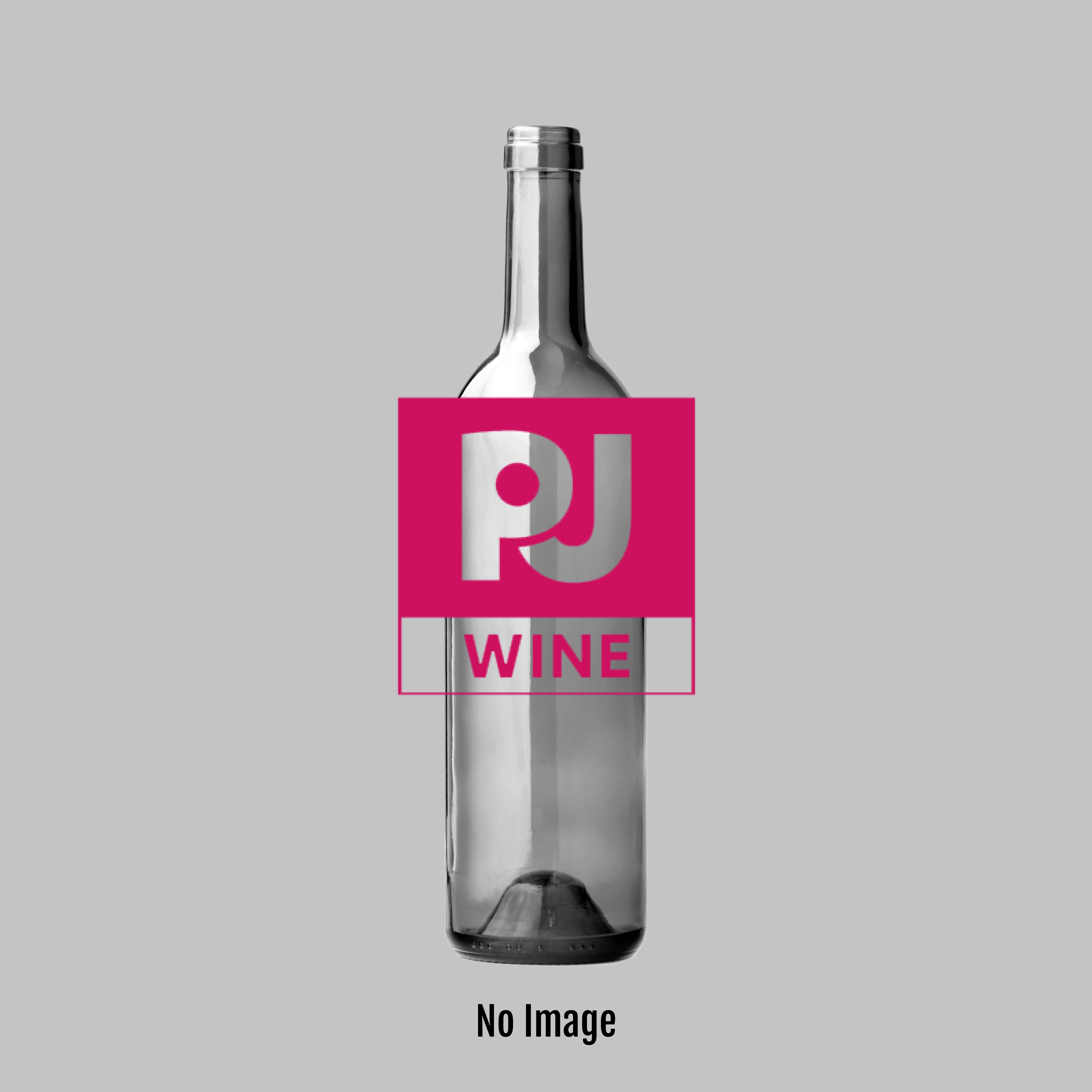Bodegas Sierra Cantabria Unica Reserva Rioja 2020

Sale
Bodegas Sierra Cantabria Unica Reserva Rioja 2020
93 WA
OrganicYour Price: $29.97
Save $5.02
Available: 11
/
93 points Wine Advocate
The 2020 Reserva Única comes from the COVID-19 (and mildew) year and tries to combine the primary character with the complexity of the older wines. It's mostly from one vineyard that has some Graciano (maybe 3%) that always gives the wine an aromatic and fresh kick. It comes through as very balanced. It started a little closed and shy and took time to open up in the glass. Again, the 2020 in Rioja has less body and clout than 2021, the wines are finer-boned and the tannins have some grip. This matured in a combination of French (60%) and American (40%) oak barrels for two years, but the oak is very integrated and folded into the fruit. 25,000 bottles produced. It was bottled in March 2023.
The 2019 vintage was the Second Place finisher in our 2023 Wine of the Year blind-tasting!
Second place goes to Bodegas Sierra Cantabria Unica Reserva Rioja 2019! This is a stellar Reserva Rioja from the latest outstanding vintage of the region 2019. Tasting this blind it was apparent that it was Rioja as it demonstrated those classic Rioja notes of dill, savory Tempranillo fruit, and a touch of sweet wood influence. What captivated us about the wine was how seductive the fruit was, ripe without being sweet. We would categorize this as a youthful modern Rioja with enough classic notes to do Rioja proud. This wine is going to make a lot of new friends as it is absolutely irresistible now, but yes it will age a decade easily.
Organic. The Eguren family are the pioneers in the production of parcel specific single cru wines from Rioja in the Burgundy model. Sierra Cantabria Reserva Única is the family’s introduction to their single vineyard range, which is sourced from a spectacular vineyard on the banks of the Ebro River in Labastida. The entire vineyard is vinified as a Reserva, and throughout the aging process, Marcos Eguren carries out a severe barrel selection with only the finest being used for Unica. The wine is produced every vintage, but in varying quantities (1,500-4,000 cases) depending on the quality of the year. Unica represents a premier cru style Rioja single vineyard with fantastic structure, a seamless texture, and a pure red fruit character. Tempranillo (97 %) and Graciano (3 %) from vines older than 30 years.
Second place goes to Bodegas Sierra Cantabria Unica Reserva Rioja 2019! This is a stellar Reserva Rioja from the latest outstanding vintage of the region 2019. Tasting this blind it was apparent that it was Rioja as it demonstrated those classic Rioja notes of dill, savory Tempranillo fruit, and a touch of sweet wood influence. What captivated us about the wine was how seductive the fruit was, ripe without being sweet. We would categorize this as a youthful modern Rioja with enough classic notes to do Rioja proud. This wine is going to make a lot of new friends as it is absolutely irresistible now, but yes it will age a decade easily.
The 2020 Reserva Única comes from the COVID-19 (and mildew) year and tries to combine the primary character with the complexity of the older wines. It's mostly from one vineyard that has some Graciano (maybe 3%) that always gives the wine an aromatic and fresh kick. It comes through as very balanced. It started a little closed and shy and took time to open up in the glass. Again, the 2020 in Rioja has less body and clout than 2021, the wines are finer-boned and the tannins have some grip. This matured in a combination of French (60%) and American (40%) oak barrels for two years, but the oak is very integrated and folded into the fruit. 25,000 bottles produced. It was bottled in March 2023.
The 2019 vintage was the Second Place finisher in our 2023 Wine of the Year blind-tasting!
Second place goes to Bodegas Sierra Cantabria Unica Reserva Rioja 2019! This is a stellar Reserva Rioja from the latest outstanding vintage of the region 2019. Tasting this blind it was apparent that it was Rioja as it demonstrated those classic Rioja notes of dill, savory Tempranillo fruit, and a touch of sweet wood influence. What captivated us about the wine was how seductive the fruit was, ripe without being sweet. We would categorize this as a youthful modern Rioja with enough classic notes to do Rioja proud. This wine is going to make a lot of new friends as it is absolutely irresistible now, but yes it will age a decade easily.
Organic. The Eguren family are the pioneers in the production of parcel specific single cru wines from Rioja in the Burgundy model. Sierra Cantabria Reserva Única is the family’s introduction to their single vineyard range, which is sourced from a spectacular vineyard on the banks of the Ebro River in Labastida. The entire vineyard is vinified as a Reserva, and throughout the aging process, Marcos Eguren carries out a severe barrel selection with only the finest being used for Unica. The wine is produced every vintage, but in varying quantities (1,500-4,000 cases) depending on the quality of the year. Unica represents a premier cru style Rioja single vineyard with fantastic structure, a seamless texture, and a pure red fruit character. Tempranillo (97 %) and Graciano (3 %) from vines older than 30 years.
Second place goes to Bodegas Sierra Cantabria Unica Reserva Rioja 2019! This is a stellar Reserva Rioja from the latest outstanding vintage of the region 2019. Tasting this blind it was apparent that it was Rioja as it demonstrated those classic Rioja notes of dill, savory Tempranillo fruit, and a touch of sweet wood influence. What captivated us about the wine was how seductive the fruit was, ripe without being sweet. We would categorize this as a youthful modern Rioja with enough classic notes to do Rioja proud. This wine is going to make a lot of new friends as it is absolutely irresistible now, but yes it will age a decade easily.
SKU
PJ00566
COUNTRY
Spain
REGION
Rioja
TYPE
Red
VINTAGE
2020
VARIETAL
Tempranillo
VOLUME
.750L













